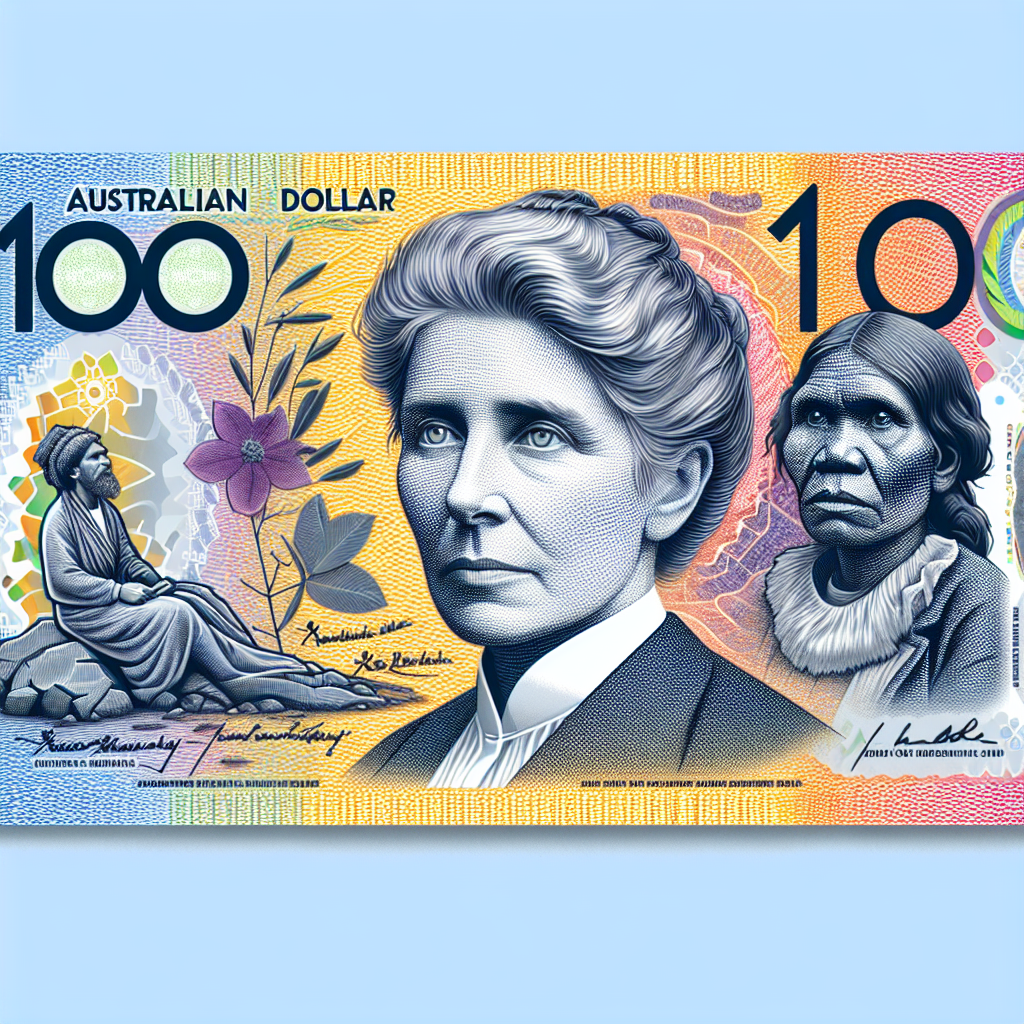Dollar Dominance in Jeopardy as BRICS Consider Currency Shift
The Kremlin warns that U.S. efforts to enforce dollar usage may backfire, amidst Trump's tariff threats on BRICS nations considering alternative currencies. While the dollar still dominates, nations increasingly use national currencies for trade due to economic fragmentation and geopolitical tensions.

In a bold statement, the Kremlin on Monday cautioned that any U.S. bid to enforce global dollar usage might have adverse effects. This came after U.S. President-elect Donald Trump threatened to levy tariffs on BRICS nations considering their own currency initiative.
The BRICS bloc, initially comprising Brazil, Russia, India, and China, is increasingly pondering the idea of a shared or alternative currency, especially after Western sanctions against Russia. Kremlin spokesperson Dmitry Peskov highlighted the global shift towards national currencies in trade, warning that U.S. economic coercion could accelerate this trend.
Despite efforts by BRICS countries to diversify currency usage, the U.S. dollar remains the leading global reserve currency. The Atlantic Council's GeoEconomics Center notes that recent economic and geopolitical dynamics have paradoxically strengthened the dollar's global standing.
(With inputs from agencies.)
ALSO READ
Today, India is world's fifth largest economy and the day is not far when India will become five trillion dollar economy: PM Modi.
Dollar Soars: Ueda Stirs Markets with Policy Hints
Dollar Ascends Amid Uncertain Japanese Monetary Policy
Russian Rouble Faces Turbulence Amid Geopolitical Tensions
Dollar Surges as Japan Hints at Policy Tightening









